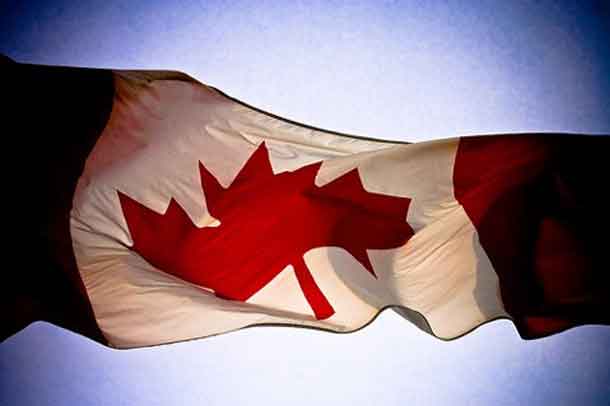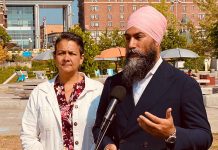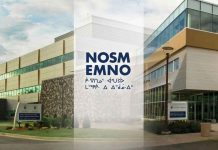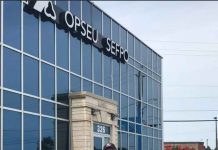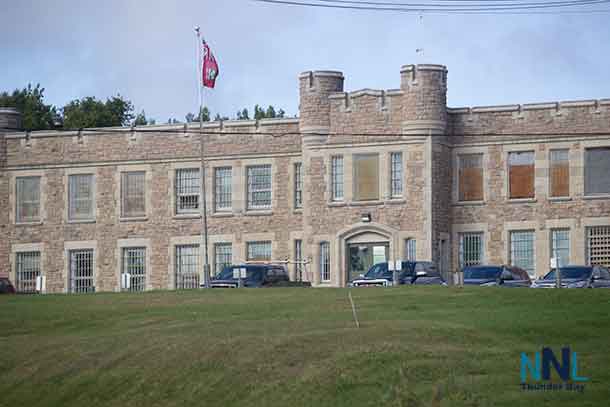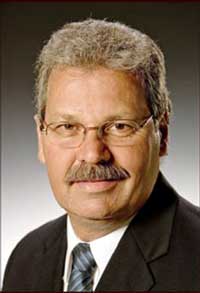
TORONTO – Opinion – Last week, students at Algoma University voted to not celebrate the 150th anniversary of Canada’s Confederation.
The Sault Ste. Marie campus of the university is built on what used to be a residential school for Indigenous children. “We refuse to celebrate nationalistic attitudes in a space and location that has caused such an immense degree of violence for the Indigenous peoples of our communities,” the president of the student council told the Toronto Star.
I have to applaud the students’ stance. Young leaders should hold all of us to account for the world we’ve created – especially those of us who were already grown up before they were born.
The sad thing is, of course, that disrespect for Indigenous peoples has been around for a long, long time. Fifty years ago, at the time of Canada’s Centennial, Coast Salish Chief Dan George’s “Lament for Confederation” told a story we’re still hearing today:
…. I have seen my freedom disappear like the salmon going mysteriously out to sea. The white man’s strange customs… pressed down upon me until I could no longer breathe. When I fought to protect my land and my home, I was called a savage.
Our first Prime Minister made no bones about the need to eliminate the country’s Indigenous peoples and their cultures – not with guns or disease, but by separating children from their parents and elders. In 1879, John A. Macdonald said:
When the school is on the reserve, the child lives with its parents, who are savages, and though he may learn to read and write, his habits and training mode of thought are Indian. He is simply a savage who can read and write. It has been strongly impressed upon myself, as head of the Department, that Indian children should be withdrawn as much as possible from the parental influence, and the only way to do that would be to put them in central training industrial schools where they will acquire the habits and modes of thought of white men.
That attitude – and the policy that went with it – didn’t die quickly. The last residential school in Canada closed in 1996.
There’s a lot to be sorry for, and a lot to try to fix. At OPSEU, we’re doing something about it.
Last year, we held a major conference to explore ways our union can be a leader in reconciliation. Our Indigenous Mobilization Team is working on a wide range of issues, campaigning for justice for “Sixties Scoop” survivors and clean drinking water for Indigenous communities. And at our latest Convention, we honoured Senator Murray Sinclair, head of the Truth and Reconciliation Commission, with our highest award.
Reconciliation between Canada and its Indigenous peoples will not happen overnight. As Senator Sinclair said, “It took us 150 years of colonialism and residential schools, seven generations of people, to get to this state. It may take us seven generations to fix it.”
On this Canada Day, and it’s a big one, let’s commit to speeding that up. Let’s commit to a new Confederation that recognizes and respects the role of our Indigenous peoples in the history of this great country.
Because it is a great country. I love Canada. And I know the words “With glowing hearts” describe the way millions of us feel about it – whether we’ve always been here, or whether we’ve just landed at Pearson last week.
So when our young people challenge us to do better, let’s do better. For Canada.
Happy Canada Day!
In solidarity,
Warren (Smokey) Thomas
President, Ontario Public Service Employees Union

